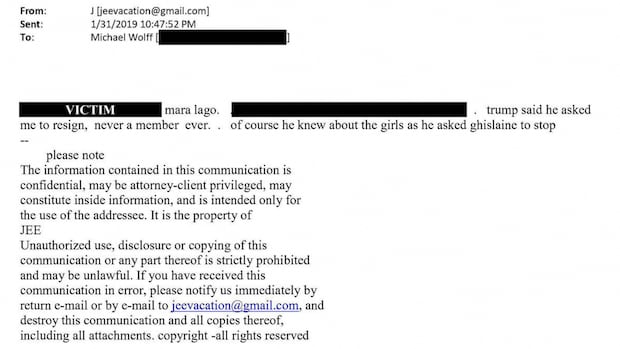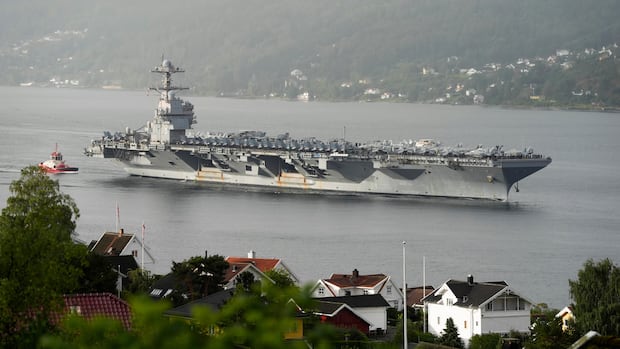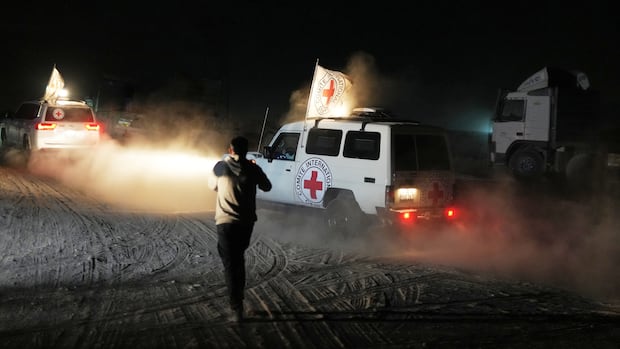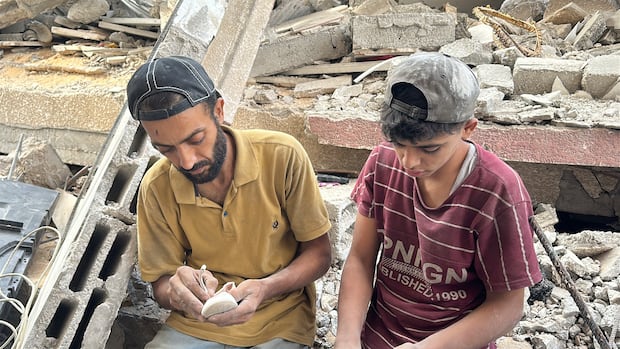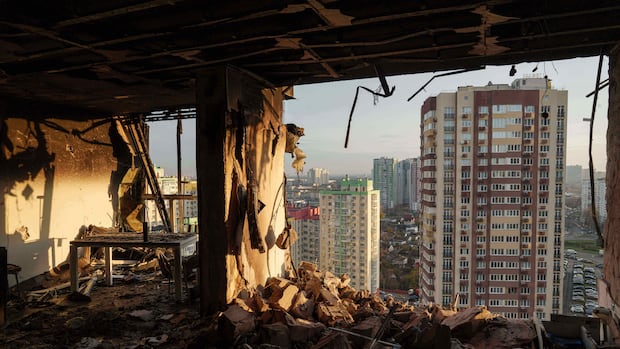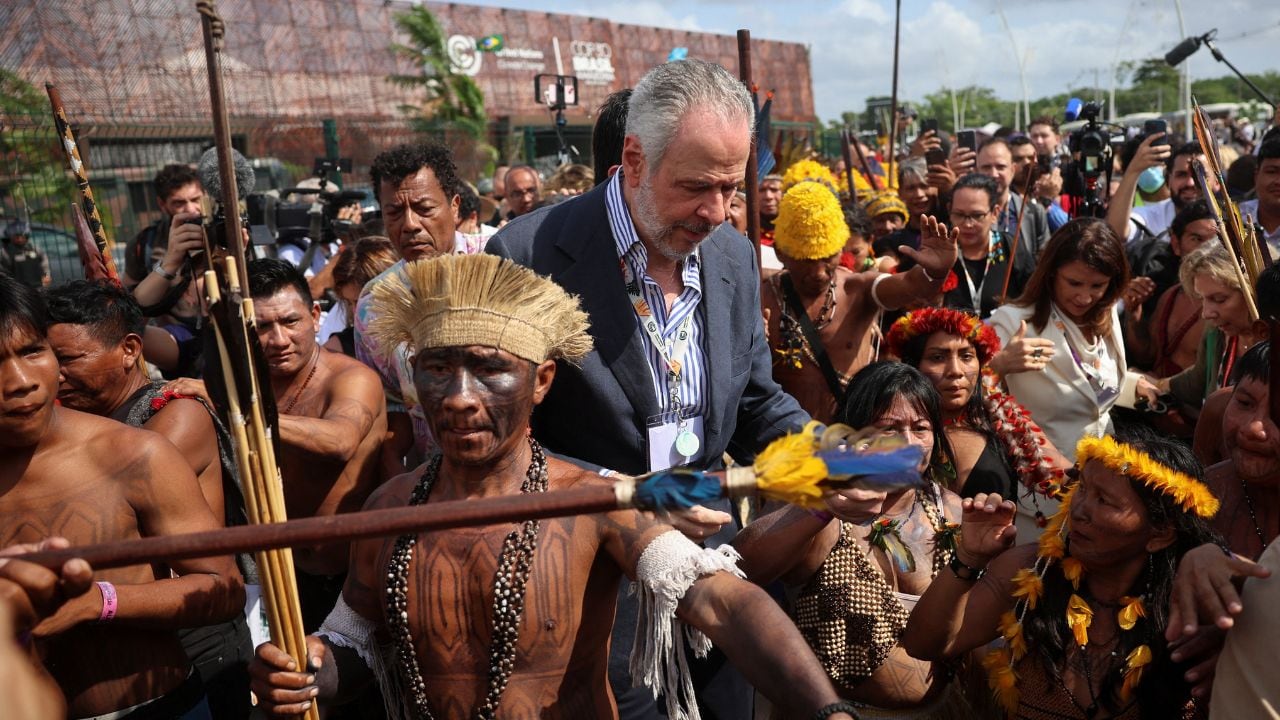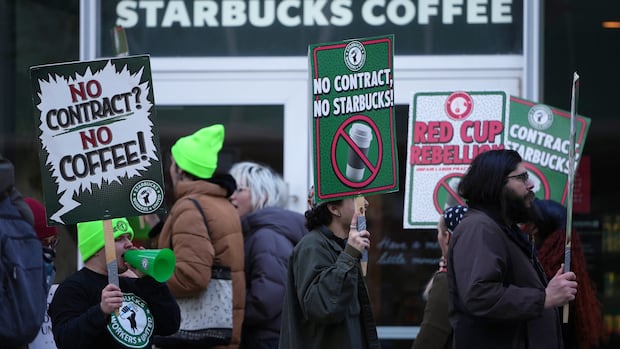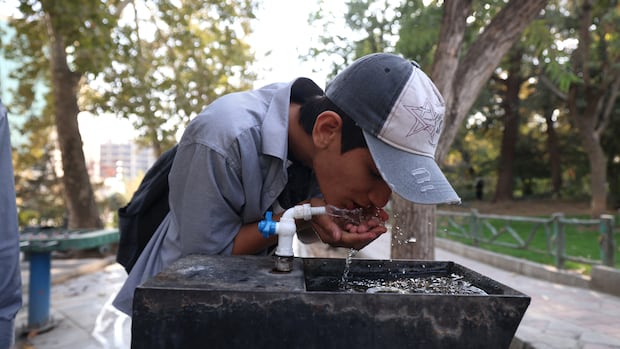Listen to this article
Estimated 4 minutes
The audio version of this article is generated by text-to-speech, a technology based on artificial intelligence.
The U.S. military's 20th strike on a boat accused of transporting drugs has killed four people in the Caribbean Sea, the U.S. military said Friday, as the Trump administration escalates its campaign in South American waters.
The latest strike happened Monday, according to a social media post on Friday by U.S. Southern Command, which oversees military operations in the Caribbean and Latin America. It brings the death toll from the strikes that began in September to 80, with the Mexican Navy suspending its search for a survivor of a strike in late October after four days.
Southern Command's post on X shows a boat speeding over water before it's engulfed in flames. The command said intelligence confirmed the vessel "was involved in illicit narcotics smuggling, transiting along a known narco-trafficking route, and carrying narcotics."
Southern Command's post marked a shift away from U.S. Defence Secretary Pete Hegseth's practice of typically announcing the attacks on social media, although he quickly reposted Southern Command's statement.
Meanwhile, the Trump administration is expanding the U.S. military's already large presence in the region by bringing in the USS Gerald R. Ford aircraft carrier. The nation's most advanced warship is expected to arrive in the coming days after travelling from the Mediterranean Sea.
Hegseth on Thursday formally named the mission Operation Southern Spear, emphasizing the growing significance and permanence of the military's presence in the region. Once the Ford arrives, the mission will encompass nearly a dozen U.S. navy ships as well about 12,000 sailors and marines.
The Trump administration has insisted the buildup of warships is focused on stopping the flow of drugs into the U.S., but it has released no evidence to support its assertions that those killed in the boats were "narcoterrorists."
The strikes have targeted vessels largely in the Caribbean Sea but also have taken place in the eastern Pacific Ocean, where much of the cocaine from the world's largest producers is smuggled.
Some observers say the aircraft carrier is a big new tool of intimidation against Venezuelan President Nicolás Maduro, who faces charges of narcoterrorism in the U.S.
Experts disagree on whether American warplanes may bomb land targets to pressure Maduro to step down.
 Venezuelan President Nicolás Maduro waves during a meeting in Caracas on Friday. (Federico Parra/AFP/Getty Images)
Venezuelan President Nicolás Maduro waves during a meeting in Caracas on Friday. (Federico Parra/AFP/Getty Images)U.S. Secretary of State Marco Rubio says the U.S. doesn't recognize Maduro, who was widely accused of stealing last year's election, as the leader of Venezuela and has called the government a "trans-shipment organization" that openly co-operates with those trafficking drugs toward the U.S.
Maduro has said the U.S. government is "fabricating" a war against him. Venezuela's government this week touted a "massive" mobilization of troops and civilians to defend against possible U.S. attacks.
Trump has justified the attacks by saying the United States is in "armed conflict" with drug cartels and claiming the boats are operated by foreign terror organizations that are flooding America's cities with drugs.
Lawmakers, including Republicans, have pressed for more information on who is being targeted and the legal justification for the strikes.
Rubio and Hegseth met with a bipartisan group of lawmakers who oversee national security issues last week, providing one of the first high-level glimpses into the legal rationale and strategy behind the strikes.
Senate Republicans voted a day later to reject legislation that would have put a check on Trump's ability to launch an attack against Venezuela without congressional authorization.
WATCH | Where is this going?:After a series of attacks on alleged ‘narco traffickers’ off Venezuela, the U.S. has deployed its largest aircraft carrier to the region. For The National, CBC’s Eli Glasner explains why President Trump’s show of force may go far beyond fighting drugs.

